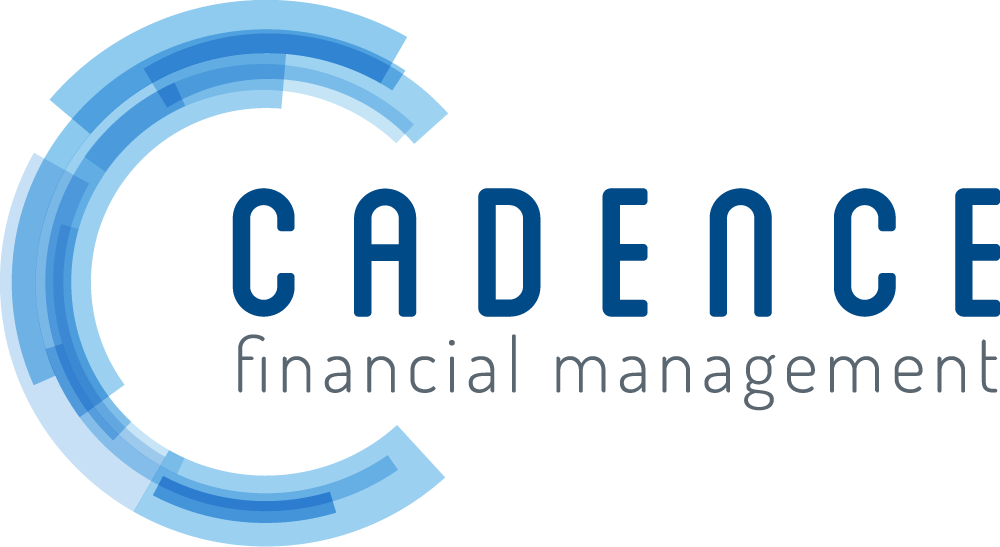Thanks for the Memories: Gratitude and Financial Wellness
So much about financial wellness has to do with cultivating a mindset that favors delayed versus immediate gratification. In the language of behavioral economics, the tendency to prefer short-term rewards is called hyperbolic discounting. This often leads to more impulsive decision-making, and it can feed excessive personal debt and hamper retirement readiness over time, whereas those (typically in the minority) who will wait for a larger reward are frequently described as “present-based.”
So how do you help your employees resist the “urge to splurge” and prioritize saving for retirement instead? It certainly seems like a tall order, given that it runs counter to tenets of fundamental human psychology. But what if the answer could be as simple as a little well-timed gratitude?
Interestingly, research out of the University of California, Riverside, Harvard Kennedy School and Northeastern University suggests that may just be the case. In a revealing experiment, subjects were offered either $54 immediately or $80 in a month. The participants were randomly divided into two groups and asked to write about an event from their past that elicited either happy, neutral or grateful feelings. Depending on what they wrote about, the researchers found that the subjects made quite different money decisions.
Those directed to write about a “grateful” memory were more likely to wait for the larger, delayed payout. Interestingly, subjects in the happy memory group were just as impatient as the neutral memory group. These findings are striking, especially given that that the recalled memory didn’t have to be spending- or even money-related.
But how do these findings relate to financial decision making in the real world?
The Price of Impatience
While in this study the “cost” of impatience was limited to $26, employees that struggle with delaying gratification and prioritizing saving for the future will no doubt pay a much higher price. They may need to remain in the workforce longer. They’ll also likely experience higher levels of stress, especially as they approach the date they hoped to retire by. They may also accrue excessive debt, which may adversely impact their standard of living — especially during their golden years.
How Employers Can Help
According to Forbes, building a culture of gratitude in the workplace has a tremendous upside — for both workers and employers. Employees tend to find working in a more grateful environment a more positive and rewarding experience. And being appreciated by people other than one’s supervisor can provide a boost in morale. Teamwork is encouraged even as it exists alongside healthy competition. And while all of these organizational benefits take hold, it turns out that you may also be helping workers with their long-term financial decision making.
Companies are creating ecosystems of gratitude in a variety of ways. Some have instituted “Thankful Thursdays,” where employees have the chance to publicly show appreciation for coworkers who’ve gone above and beyond with an award or small prize, followed by snacks for all as a tangible show of thanks on behalf of the company.
Fostering a culture of gratitude is like financial wellness programming “with benefits” — ones that can enhance your entire organization.
Sources:
https://cos.northeastern.edu/news/can-gratitude-reduce-costly-impatience/
This material was created to provide accurate and reliable information on the subjects covered but should not be regarded as a complete analysis of these subjects. It is not intended to provide specific legal, tax or other professional advice. The services of an appropriate professional should be sought regarding your individual situation. The material presented was created by RPAG. Securities, investment advisory, and financial planning services offered through qualified registered representatives of MML Investors Services, LLC. Member SIPC (www.sipc.com). Supervisory Office: 16 Campus Blvd, Newtown Square, PA 19073. Cadence Financial Management, LLC is not a subsidiary or affiliate of MML Investors Services, LLC or its affiliated companies. ACR# 4142217 01/22
